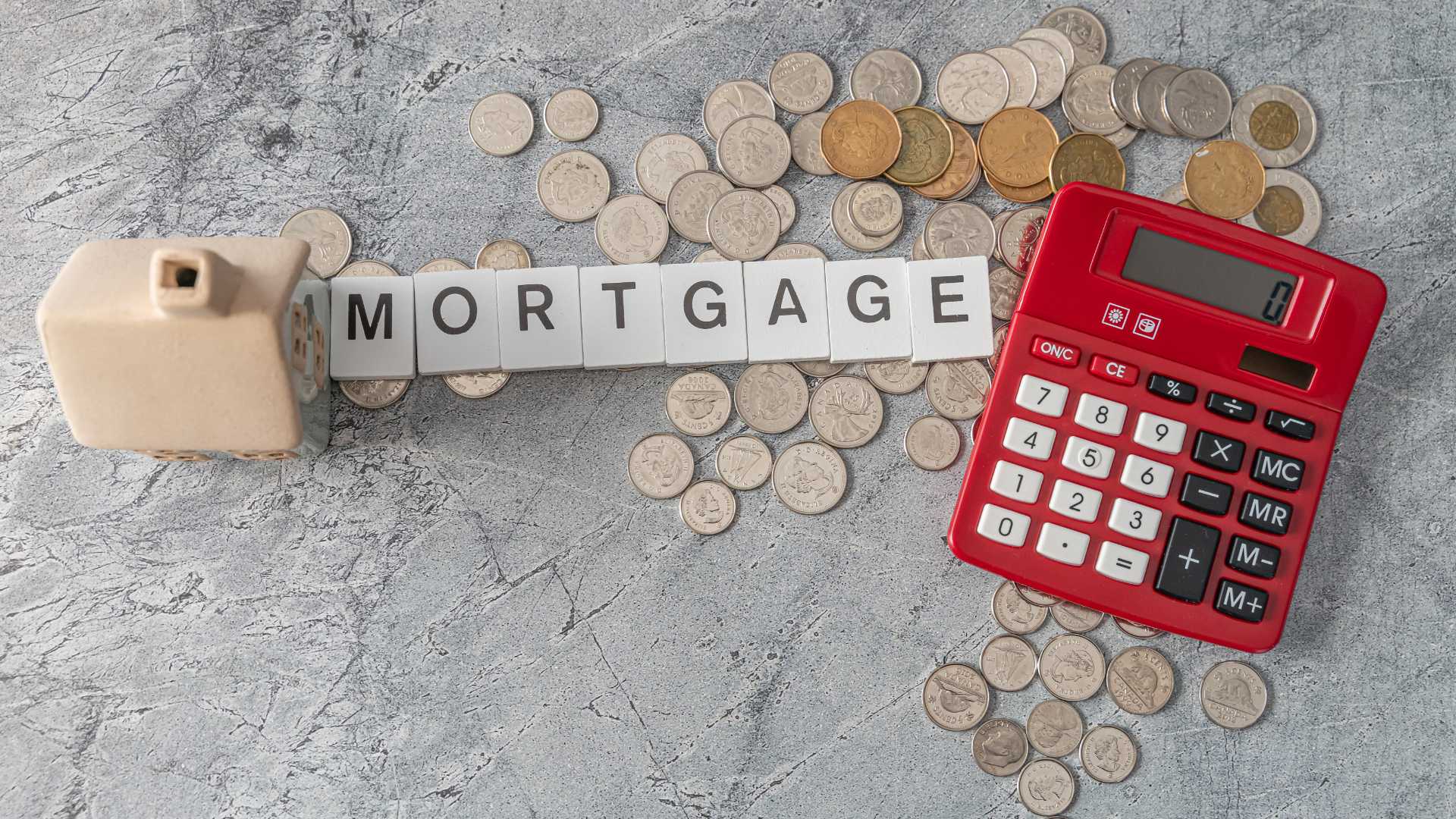The mortgage industry has undergone significant transformations over the years, propelled by technological advancements, changing consumer preferences, and regulatory reforms. In this article, we’ll explore the emerging trends and innovations shaping the future of home financing.
Introduction to the Evolution of Mortgages
Mortgages have long been an essential tool for homeownership, providing individuals and families with the means to purchase property. However, the traditional mortgage process has often been cumbersome and time-consuming, involving extensive paperwork and manual verification processes.
Digital Transformation in Mortgage Processes
Online Application and Approval
The advent of digital technologies has revolutionized the mortgage application and approval process. Today, borrowers can apply for mortgages online, streamlining the entire experience and reducing the time it takes to secure financing.
Automation in Documentation
Automation tools have also simplified document collection and verification, allowing lenders to expedite the underwriting process while minimizing the risk of errors and fraud.
AI and Machine Learning in Risk Assessment
Furthermore, the integration of artificial intelligence (AI) and machine learning algorithms enables lenders to assess borrower risk more accurately, leading to more informed lending decisions and personalized loan offerings.
Rise of Alternative Lenders
Peer-to-Peer Lending Platforms
In addition to traditional banks and mortgage lenders, alternative lending platforms, such as peer-to-peer lending networks, have gained traction in the mortgage market. These platforms connect borrowers directly with investors, offering more flexible terms and potentially lower interest rates.
Crowdfunding for Mortgages
Crowdfunding has also emerged as a viable option for financing home purchases, allowing individuals to pool their resources to fund mortgage loans for qualified borrowers.
Green Mortgages and Sustainability
Incentives for Energy-Efficient Homes
With growing awareness of environmental issues, there’s been a surge in demand for green mortgages, which offer incentives for purchasing energy-efficient homes. These incentives may include lower interest rates or reduced fees for eco-friendly properties.
Impact on Mortgage Rates
Moreover, lenders are increasingly considering sustainability factors in their lending decisions, offering preferential terms to borrowers who invest in environmentally sustainable properties.
Blockchain Technology in Mortgage Transactions
Smart Contracts for Secure Transactions
Blockchain technology holds promise for revolutionizing the mortgage industry by providing secure and transparent transactional processes. Smart contracts, powered by blockchain, enable parties to execute and enforce contractual agreements automatically, reducing the need for intermediaries and minimizing the risk of fraud.
Transparency and Efficiency in Title Management
Additionally, blockchain-based systems can enhance the transparency and efficiency of title management, reducing the time and costs associated with title searches and transfers.
Personalized Mortgage Solutions
Customized Loan Products
To meet the diverse needs of borrowers, lenders are increasingly offering customized loan products tailored to individual financial situations and preferences.
Flexible Payment Options
Moreover, flexible payment options, such as adjustable-rate mortgages and interest-only loans, provide borrowers with greater flexibility in managing their mortgage payments.
Augmented Reality and Virtual Tours in Home Buying
Remote Property Viewing
Augmented reality (AR) and virtual reality (VR) technologies are transforming the home buying experience by enabling prospective buyers to take virtual tours of properties from the comfort of their homes.
Enhanced Decision Making for Buyers
These immersive technologies empower buyers to make more informed decisions about property purchases, saving time and reducing the need for in-person visits.
The Role of Big Data in Mortgage Industry
Predictive Analytics for Credit Scoring
Big data analytics enable lenders to leverage vast amounts of data to assess borrower creditworthiness more accurately, leading to more reliable credit scoring models and personalized loan offerings.
Tailored Loan Offerings
Moreover, data-driven insights allow lenders to tailor loan offerings to individual borrower profiles, maximizing approval rates while minimizing the risk of default.
Regulatory Changes and Compliance
Impact of Regulatory Reforms
The mortgage industry is subject to rigorous regulatory oversight, with constant changes and updates to ensure consumer protection and financial stability.
Ensuring Consumer Protection
Lenders must stay abreast of regulatory changes and compliance requirements to maintain the trust and confidence of borrowers while safeguarding their interests.
Challenges and Opportunities Ahead
Cybersecurity Concerns
As mortgage transactions increasingly migrate to digital platforms, cybersecurity threats pose significant risks to both lenders and borrowers, necessitating robust cybersecurity measures and protocols.
Access to Affordable Housing
Despite technological advancements, access to affordable housing remains a pressing challenge for many individuals and families, highlighting the need for innovative solutions and policy interventions.
Financial Inclusion Initiatives
Addressing disparities in homeownership rates among underserved communities requires concerted efforts by policymakers, lenders, and community organizations to promote financial inclusion and housing equity.
Conclusion
In conclusion, the future of mortgages is characterized by rapid technological advancements, shifting consumer preferences, and evolving regulatory landscapes. By embracing innovation and adapting to change, the mortgage industry can unlock new opportunities for growth and sustainability while empowering individuals and families to achieve their homeownership dreams.
Unique FAQs
- How are green mortgages different from traditional mortgages?
Green mortgages offer incentives for purchasing energy-efficient homes, such as lower interest rates or reduced fees, to promote sustainable homeownership. - What role does blockchain technology play in mortgage transactions?
Blockchain technology enhances the security and transparency of mortgage transactions by enabling the use of smart contracts and facilitating more efficient title management processes. - How do alternative lenders differ from traditional banks in the mortgage market?
Alternative lenders, such as peer-to-peer lending platforms and crowdfunding networks, provide alternative sources of financing outside of traditional banking institutions, offering more flexible terms and potentially lower interest rates. - What are some of the challenges associated with the digital transformation of the mortgage industry?
Cybersecurity threats pose significant challenges to the digital transformation of the mortgage industry, highlighting the need for robust cybersecurity measures and protocols to safeguard sensitive borrower information. - How can borrowers benefit from personalized mortgage solutions?
Personalized mortgage solutions offer borrowers greater flexibility and tailored loan offerings based on their individual financial situations and preferences, enabling them to find the most suitable financing options for their needs.
